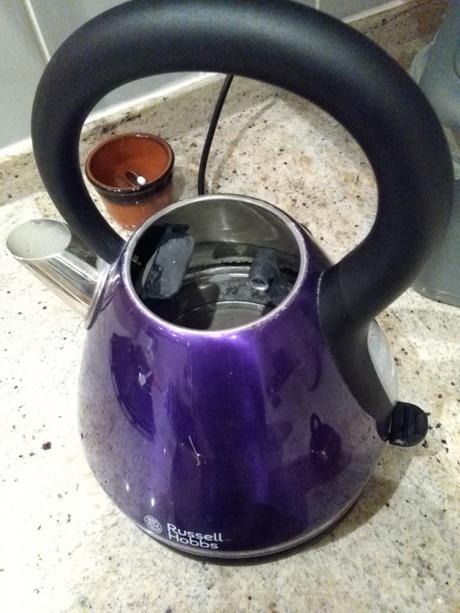Compared to the boom consumption decades of the post-war era or the bling-times of 1980s, in more recent years, it could be maintained we have been living in a post-materialistic society. This was true in the buoyant affluence leading up to the global financial crisis and Great Recession when, putting it crudely, we had everything money could buy and we became interested instead in seeking the best, most glorious experiences. Red Letter Days, which lets you buy balloon rides and bungee-jumping as gifts, was the poster child organisation for this set of attitudes. Going through the recession and financial squeeze kept post-materialism still in there, but the motivations and perspectives behind it were different. With little spare money for excess and indulgence, we came to understand what was actually most important to us, and that was often spending quality time with family. In that environment, staying in became the new going out – a more modest experience, but an experience nonetheless.
However, I wonder whether attitudes might be shifting again. Experiences are still very important, in part because of economic pressures: having experiences can be relatively be expensive (compare the cost of meal out vs cooking at home). But now ‘things’ could get more expensive too given that the low value of the pound is pushing up the price of imports.
Beyond the simple economics of higher prices driving a sense of scarcity and thus the need to appreciate material goods, I wonder whether there is something in the way in which we ‘approach’ objects which is changing. There are two dynamics to this:
- In certain sectors, we are moving to a prioritisation of ‘usership’ rather than ownership. It’s clearest with cars, when we can use Uber or some kind car rental scheme in order to answer our mobility needs other than through buying a vehicle. It’s also pretty big in media: we download films or albums when we want to watch or listen, rather than picking up a box from our shelves. This means that when we do buy ‘something’, it is rather special. Look at how everyone can’t resist getting a fine and fancy notebook in which to write their meeting notes.
- In addition, the idea of repairing an object and investing in making it last is getting more mainstream. Patagonia is a leader here and on its website, it is possible to access a comprehensive set of easy-to-follow repair guides, from learning how to repair a baffle on a down jacket to replacing the slider on a plastic tooth zipper.
When our lives were full of wonderful experiences, we could fill post lovely pictures on social media of happy people laughing on sandy beaches etc; I am not sure photos taken whilst descaling the kettle to make it last longer will really have quite the same impact.

